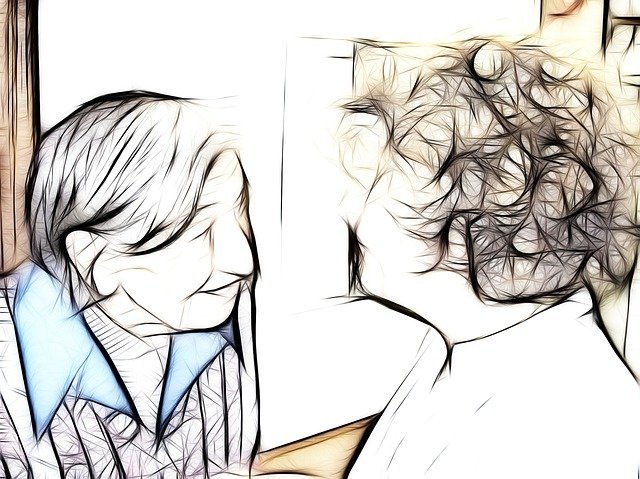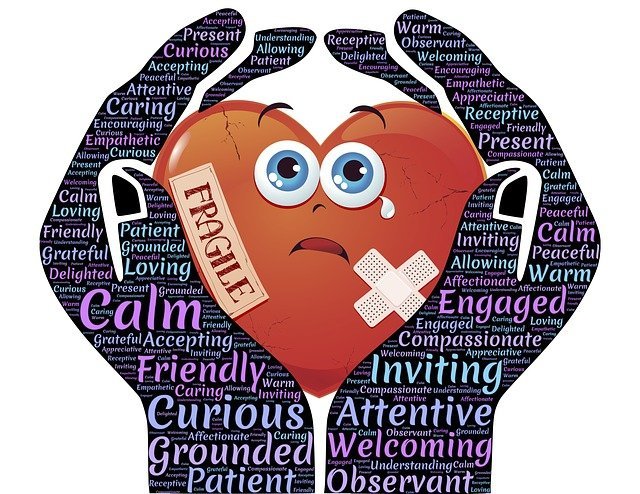Mental Health is always considered as a subject of taboo. But as per worldwide statistics 264 million people suffer from Depression and over 51.5 million people suffer from Mental Illnesses. Mental health include broad spectrum of illness such as Depression, Anxiety, Stress, Schizophrenia, Bipolar Disorder, OCD and BDD and more. A person suffering from mental health issues is negatively impacted on various aspects of life such as social , workspace, education, relationships, eating disorder, isolation, insomnia, alcohol, drug addiction and engrave suicidal thoughts in case of chronic psychiatric illness. It cynically impacts quality of life of both patient and the caregivers.
Impact on lives of People suffering Chronic Psychiatric Illnesses.
- Feeling low self-esteem, sad, depression, dejected and lack self worth all the time.
- Bewildering thoughts brushing across the mind, reducing the ability to concentrate.
- Excessive fright or worries, or extreme feelings of remorse, guilt and humiliation.
- Extreme mood swings. But feeling of low pertains more than the feeling of high.
- Withdrawal from friends, society or any relationship. Feeling of isolation chisel deep inside onces mind.
- Feeling exhausted physically and emotionally, low energy, sleep regression or extreme sleepiness.
- It becomes hard to accept reality and always live in delusions, hallucinations or paranoia
- Inability to cope with stress in daily life. Feeling stressed all the time.
- Self isolation, not able to understand situation or people around; leading to relationship issues.
- Adapting to Alcoholism and drug abuse.
- Sex drive or sex desire changes overtime.
- Not able to cope up with education or workspace. Feeling of dejection or depression pertains all the time.
Does mental health have Determental affect on family relationships?
Mental health issue of a person can be traumatic, painful and even prove to be financial burden for their family members. Many studies have shown that nearly 50% of family members develop some kind of social and psychological problems. But majorly the psychological and emotional well-being of the family members are significantly ignored. It is seen family members or the caretaker of a mentally ill or critically ill person development anxiety, depression, stress and other psychological problems. This happens mostly because the family member or the caretaker always remain under significant amount of pressure and stress. Coping with the stress may arouse many different kind of reactions such as somatic problems (migraines, fatigue, loss of appetite, insomnia),emotional problem, stress, anxiety, fear, guilt, anger, confusion), cognitive and behavioural troubles such as social withdrawal and change in attitude.

How Caregiving Can Affect One’s Health
A caregiver of a mentally ill individual or a critically ill individual are constantly under emotional, physical stress and mental pressure. They carry a lot of responsibility.
In accordance to the Family Caregiver Alliance (FCA) (2006), around one third of the caregivers remain bad health themselves. The FCA also reports that caregivers show higher levels of depression than family members who do not have caretaking responsibilities. It is estimated that 40% to 70% show significant depressive symptoms and 25% to 50% of caregivers meet the diagnostic criteria of major depression. People who take the responsibility of caregiving are at higher risk of developing concurrent chronic disease, anxiety drug and alcohol abuse.
FCA Statistics
Physical setback can include obesity, back pain, cancer, heart disease migrane etc. While emotionally they can feel exhausted including including deficits in attention, verbal ability and memory.

How to help Yourself or Caregiver? When To Speak To a Therapist?
You can always be kind to yourself or the Caregiver if mental health is concerned. Caregiving doesn’t alway mean responsibility, self care is also important to cope with the emotional challenges.
Sometime talking to an unbiased person, licenced Therapist or going through a psychotherapy can really give you a insight of your emotional problems and show you the correct way to cope with it your emotional or come out of it. Proper diagnosis and correct treatment can solve your stress, anxiety and depression to an effective level.
Treatment can help caregivers cope with their feelings about someone else’s illness. Often, a committed family member or friend has a strong opinion of the course of treatment, which can be a burden for the caregiver.
How to Facilitate Healthy And Effective Caregiving
Taking Care of yourself, recognising one’s own emotional needs on first place is important. Because if a caregiver is emotionally burnt out then caregiving for sick individual becomes difficult. A caregiver can take break for sometime and can ask for help to share responsibility.
Speak To Professional Expert/ Therapist
Caregiving is a difficult task. Lot of expectations pile up for a caregiver, thus it becomes difficult for them to share their responsibility and emotions with somebody else. But it is important to share thoughts, stress and emotions on priority. Asking for help can prevent from emotional burnout.
Finding emotional support is quite important. Speaking to family, trustworthy friend, spiritual leader or A Therapist can ease burden.



Leave a Reply